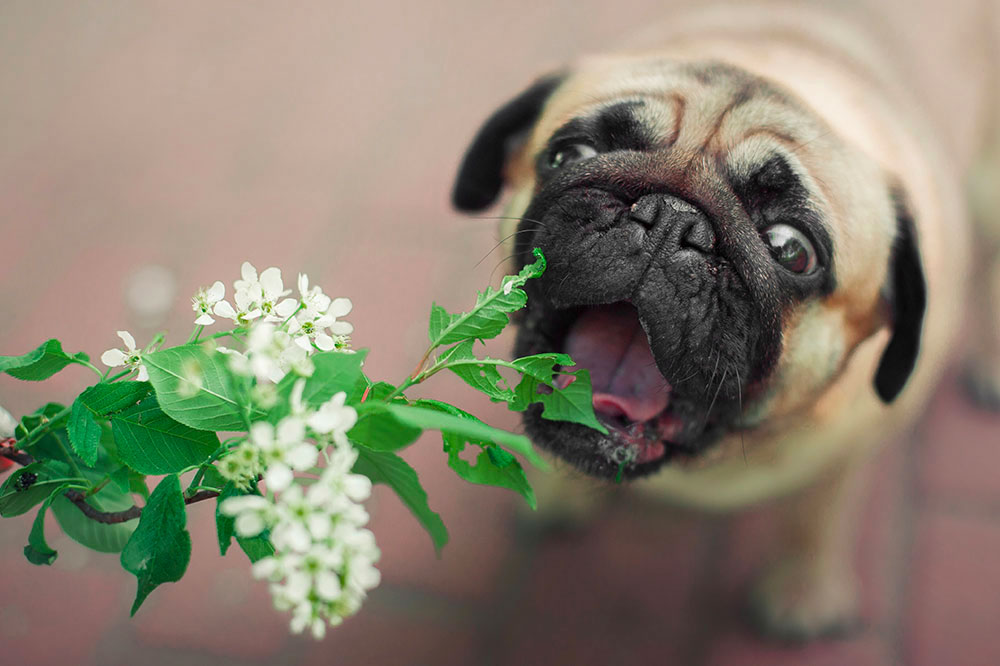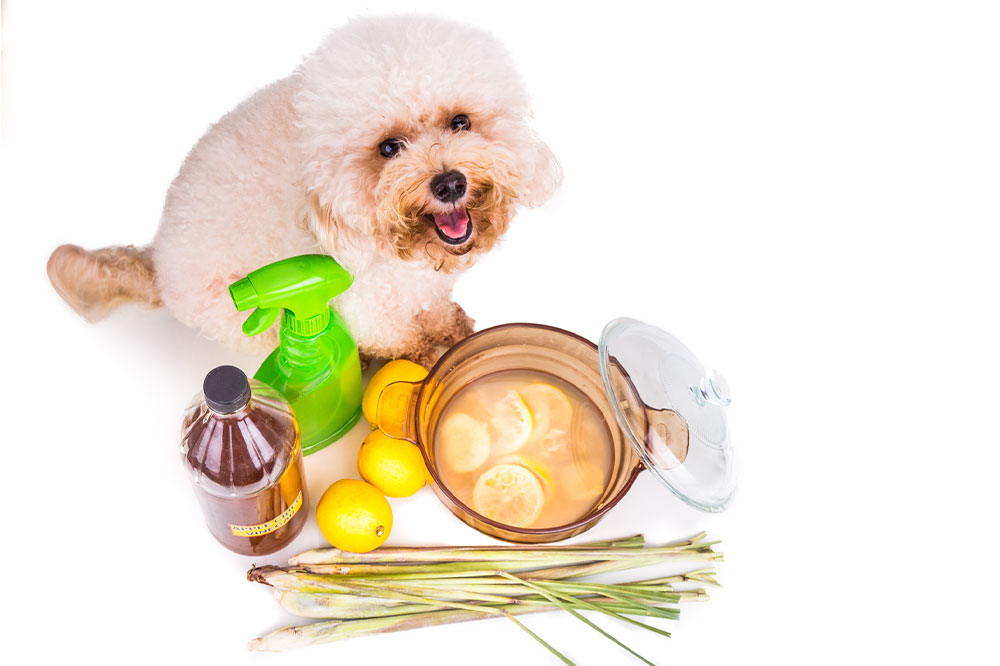Potential Food Allergens in Dogs: A Complete Guide for Pet Owners
This comprehensive guide highlights common foods that can cause allergies or toxicity in dogs. Pet owners should avoid feeding garlic, chives, onions, tarragon, marjoram, and black pepper to their furry friends. Understanding these risks helps ensure the safety and health of your dog, preventing severe allergic reactions and blood-related issues. Regularly check ingredient lists and consult your veterinarian if unsure. Protect your pet by being cautious with human foods, especially those containing potential allergens or toxins, and always prioritize their well-being to keep them happy and healthy.

Potential Food Allergens in Dogs: A Comprehensive Guide for Pet Owners
Ensuring the health and safety of your canine companions involves more than just regular exercise and routine vet visits; it also requires careful attention to their diet. While many human foods are safe for us, they can be harmful or allergenic to dogs. Identifying foods that might trigger allergies or toxicity is vital to prevent health complications. As a responsible pet owner, understanding which common human foods pose risks is essential. This guide delves into the most common foods that can cause allergic reactions or toxicity in dogs, equipping you with the necessary knowledge to keep your furry friends safe and healthy.
Garlic and Chives: Hidden Dangers in Flavorings
Garlic and chives are staples in many human dishes, valued for their flavor enhancement. However, they pose significant health risks to dogs. These alliums contain compounds that can damage red blood cells, potentially leading to a dangerous condition called hemolytic anemia. The severity of this condition can vary depending on the amount ingested and the size of the dog. Certain breeds, such as Shiba Inus, Akitas, and other breeds with sensitive blood profiles, are especially vulnerable to the toxic effects of garlic. Even small quantities consumed accidentally can cause symptoms like weakness, lethargy, vomiting, or even collapse. Pet owners should always avoid feeding their dogs any foods containing garlic or chives, whether raw or cooked.
Black Pepper: Spice with Caution
Black pepper is a prevalent spice used in countless recipes to add flavor. While it might seem harmless in small quantities for humans, it can cause issues for dogs. Although most dogs will tolerate small doses without apparent problems, some breeds may experience sneezing, coughing, or respiratory irritation. In more severe cases, ingestion of black pepper can cause stomach upset, discomfort, or even respiratory distress in sensitive dogs. To ensure your pet’s safety, it’s best to keep black pepper and other spicy seasonings out of their reach.
Onion and its Derivatives: Toxic to Dogs
Onions are highly toxic to dogs and should never be included in their diet. They contain sulfur compounds that can damage red blood cells, leading to hemolytic anemia—a potentially life-threatening condition. Onion powder, onion flakes, and cooked or raw onions all pose risks. Ingesting onions can cause symptoms such as vomiting, diarrhea, weakness, pale gums, and rapid breathing. Pet owners must be cautious to avoid accidental ingestion, especially since onion flavoring is common in many processed foods. If your dog shows any signs of illness after consuming food with onions, consult a veterinarian immediately.
Tarragon: The Culinary Herb with Risks
Tarragon is a popular herb in the culinary world, appreciated for its aromatic qualities in various dishes. However, it contains a compound called estragole, which has been linked to liver toxicity and blood clotting issues. Especially in pregnant dogs or those scheduled for surgery, consuming tarragon can pose significant health risks. Symptoms of poisoning may include lethargy, vomiting, or abnormal bleeding. Therefore, it’s important for pet owners to keep tarragon and other herbs out of reach of their pets to prevent accidental ingestion and potential health complications.
Marjoram: An Herb to Watch Out For
Marjoram, similar to oregano, is used both as a culinary herb and in herbal medicine. Despite its benefits to humans, it can cause gastrointestinal problems in dogs, including vomiting, diarrhea, and stomach upset. Excessive consumption or sensitivity in certain breeds can exacerbate these symptoms. To safeguard your pet’s digestive health, it is advisable to avoid giving marjoram directly to dogs or feeding them foods seasoned with this herb. Always consult your veterinarian before introducing new herbs or herbs-containing foods into your dog’s diet.





